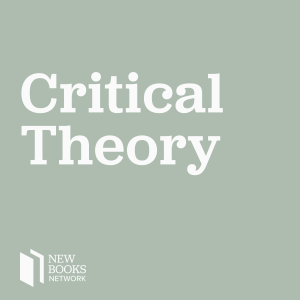
Frank Ruda, "Abolishing Freedom: A Plea for a Contemporary Use of Fatalism" (U Nebraska Press, 2016)
 2021-04-12
2021-04-12
Download
Right click and do "save link as"
Frank Ruda's book Abolishing Freedom. A Plea for a Contemporary Use of Fatalism (University of Nebraska Press 2016) presents a compelling reading of authors diverse as Martin Luther, Descartes, Kant, Hegel, and Freud. They grapple with the limits of human freedom, and obviously so. Because we understand freedom - at least since Aristotle - as a capacity or a capability to choose freely between different options. Expressed with a formulation of Harry Frankfurt: "An action is free only if the agent could have done otherwise." However, Ruda - who is Senior Lecturer in Philosophy at the University of Dundee - shows that this intuitive and classical formulation of freedom of choice is deceptive. It suggests that we can choose the amount of freedom we want to live up to in the same way in which we can choose between tea or coffee. But this is a trivialization of freedom. We do not get up in the morning determined to be more free this week than last week. And one reason for this is that freedom is not at our disposal. As such it touches upon questions of fate and predestination. Philosophers from Luther to Hegel and from Descartes to Freud know this. They conceptualize through the concept of freedom a point of negativity, or – metaphorically speaking – a ground zero of human agency and autonomy. This is why topics such as fatalism, predestination, morality or divine providence, to name just a few, guide the argument of the book: to abolish freedom for the sake of freedom.
The Interview is conducted by Dominik Finkelde SJ, Professor of Philosophy at the Munich School of Philosophy and Sophie Adloff, student of philosophy.
Learn more about your ad choices. Visit megaphone.fm/adchoices
Support our show by becoming a premium member! https://newbooksnetwork.supportingcast.fm/critical-theory
view more
More Episodes
012345678910111213141516171819
Create your
podcast in
minutes
- Full-featured podcast site
- Unlimited storage and bandwidth
- Comprehensive podcast stats
- Distribute to Apple Podcasts, Spotify, and more
- Make money with your podcast
It is Free
- Privacy Policy
- Cookie Policy
- Terms of Use
- Consent Preferences
- Copyright © 2015-2024 Podbean.com





